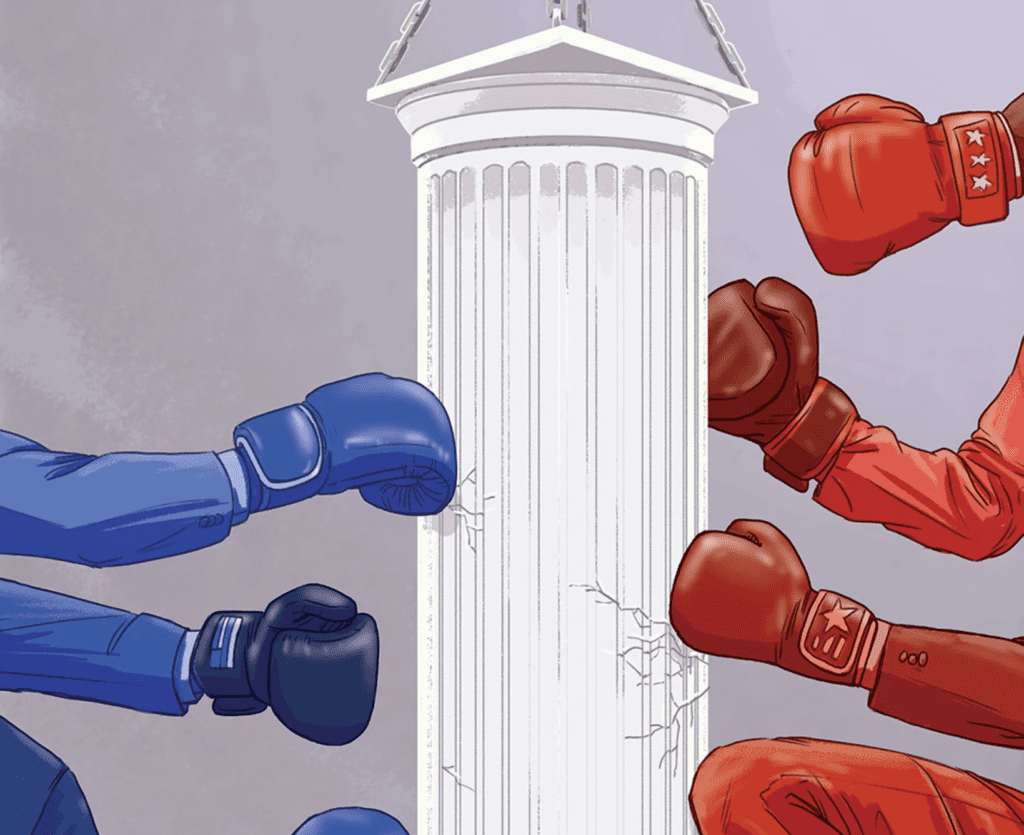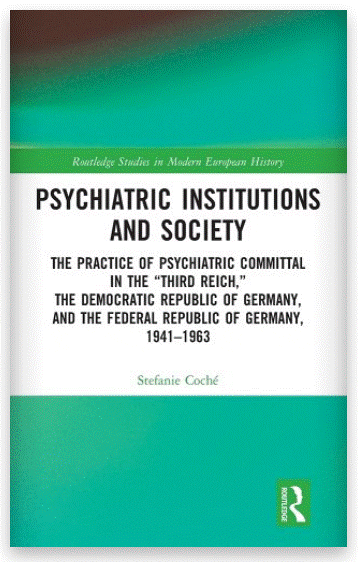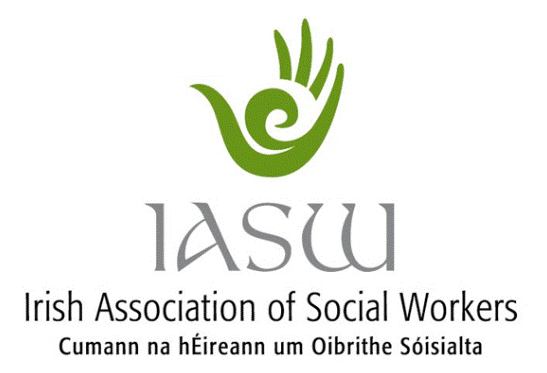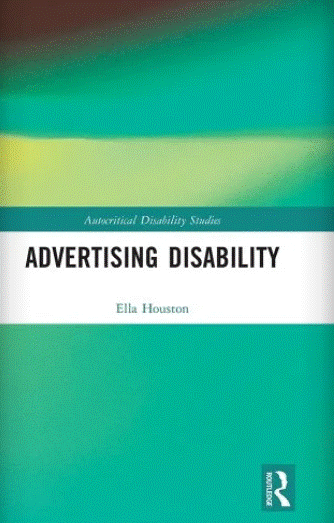
Why is neither party happy with higher education?
news, new scholarship & more from around the world

Why is neither party happy with higher education?

There are already bad actors in science, including “paper mills” churning out fake papers. This problem will only get worse when a scientific paper can be produced with US$15 and a vague initial prompt. The need to check for errors in a mountain of automatically generated research could rapidly overwhelm the capacity of actual scientists. The peer review system is arguably already broken, and dumping more research of questionable quality into the system won’t fix it. Science is fundamentally based on trust. Scientists emphasise the integrity of the scientific process so we can be confident our understanding of the world (and now, the world’s machines) is valid and improving. A scientific ecosystem where AI systems are key players raises fundamental questions about the meaning and value of this process, and what level of trust we should have in AI scientists. Is this the kind of scientific ecosystem we want?

The small amount of pocket money a social worker gave him before he left Ceuta’s migrant minors’ centre paid for the ferry to the Spanish mainland port of Algeciras. There, he was approached by local social workers who recommended he travel 98km (61 miles) up to the city of Jerez where a place in a facility for young migrants was vacant, they said.


The Irish Association of Social Workers (IASW) warmly welcomes the appointment of Ms. Amanda Casey as the Health Service Executive’s (HSE) Chief Social Worker and looks forward to working in partnership with the Chief Social Worker and her team to progress the wide range of goals, duties and responsibilities attached to the post.

The two main methods of journal hijacking include: the registration of the expired domain of a legitimate journal in cases where the journal ceased publication or moved to another domain, and the creation of a cloned website of a legitimate journal, according to the study. The phenomenon of hijacked journals was first documented in 2012. Since then, they have proliferated. Figures from the Retraction Watch Hijacked Journals Checker indicate that over 280 hijacked journals have been detected in the period 30 May 2022 up to 31 July 2024.
